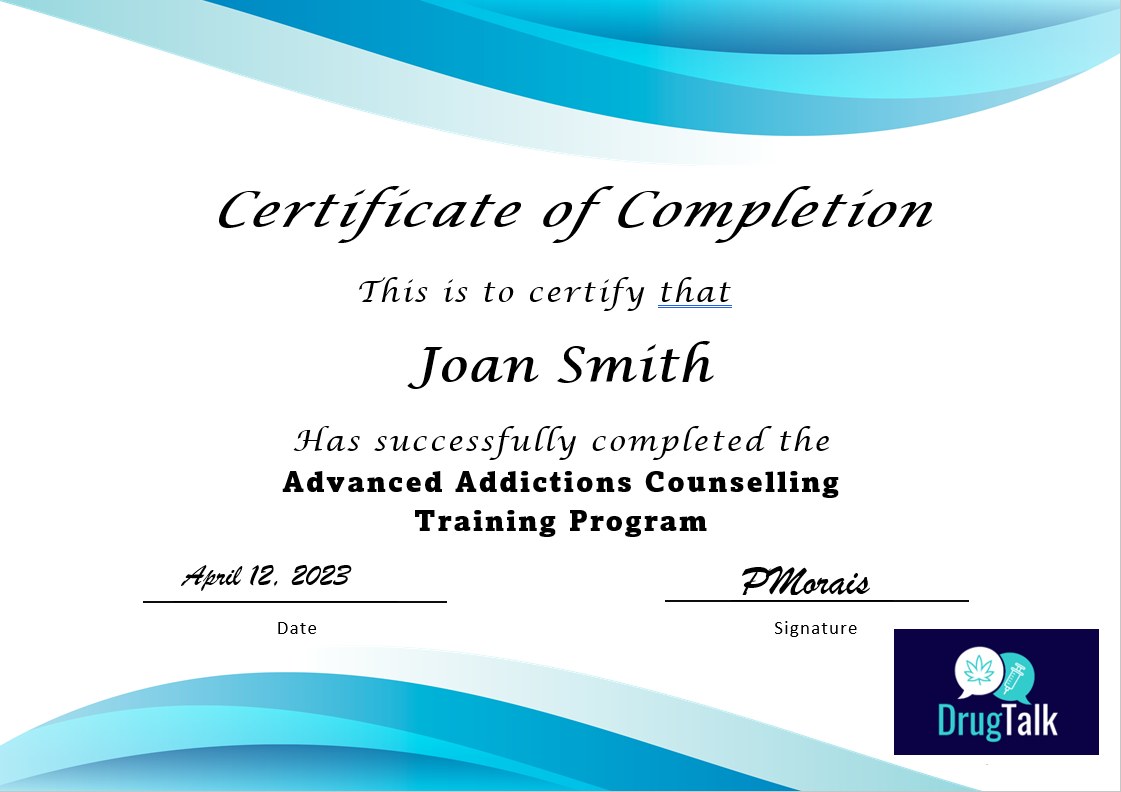COURSE SYNOPSIS
The relationship between gratitude, addiction and recovery is quite complex. First, the lack of gratitude for what a person had prior to developing an addiction allowed the addiction to progress. Had the person really been in touch with how important things like family, relationship, health, financial stability, having hopes and dreams, etc., were to them, they never would have allowed addiction to progress to the point where they jeopardized them. Therefore, the lack of gratitude contributed to the development of their addiction.
In recovery, people who are attempting to overcome their problem must reconnect with the gratitude they have for the things they've lost and must remember what it feels like to lose them. Reconnecting to their feelings in this way helps to sustain their recovery and makes it less likely they will allow their addiction to take hold again. Addiction is, to a large extent, caused by a corrupted relationship to feelings. In this course, you will learn how that is the case with gratitude and what needs to be done to correct it.
You will also learn why gratitude is important to sustain the long-term effort needed to overcome addiction and how not being firmly in touch with it will make it much more difficult to succeed. The course includes an assessment tool to gauge the level of gratitude. Once the course is over, you will be able to use this tool with your clients. Participants will also gain skills in working with resistant clients. Additionally, this course will be highly useful to counsellors in a number of other ways.
Each Course Includes
Downloadable Pdf's

video tutorials

Online videos are included with every course. Some courses include more than one video.
quizzes

Quizzes designed to test your understanding
2
Learning Objectives For This Course
At the end of this course, participants will:
- Explain the key role gratitude plays in both the development of addiction and the process of recovery;
- Understand the relationship between gratitude and motivation to do the work needed in recovery and stay on track;
- Administer the Motivation Assessment Tools and score their clients in terms of how motivated they are to work on their recovery;
- Explain the various challenges of working with mandated clients in terms of gratitude and motivation;
- Apply skills learned about how to work with resistance when it arises with unmotivated clients.

Additional Details...
Schedule
The course is pre-recorded and delivered online allowing you to start and finish according to your own schedule.
Flexible Program
Take only one course or register for a complete program. We have a full curriculum of great courses to choose from. Pick one or take them all! The choice is yours.
Great Resources
All courses include a video which can be purchased as a resource for your clinic or practice. Check out our great selection of powerful videos to bulk up your library of resources.
Sample of course material
Gratitude in Recovery
One of the principles that is helpful for addictions counsellor is that whatever a person did that fueled their addiction, they need to do the opposite in order to recover. Lack of gratitude fueled their addiction so connecting to their gratitude will fuel their recovery from it. First they need to fully get in touch with the gratitude they have, or should have, for all the valuable things they’ve lost in their lives. People attempting to recover from addiction need to feel all of the feelings they have about these losses. This includes both gratitude and the painful feelings they have about it. Not only do they need to feel how precious these things they've lost are, they also need to feel the pain, the guilt, the regret and the shame they may be carrying around having allowed this to happen.
Some may wonder how painful feelings may help a person recover from addiction so an explanation is in order. Addicts have a dysfunctional relationship to their feelings. Rather than feeling the emotions they have/had and allowing those to guide them into making healthy decisions, they repressed those feelings and ignored them and indulged in their addiction to keep them suppressed and this fueled their addiction. By allowing themselves to fully feel the pain they are carrying around the losses they’ve caused they could build up the motivation to never let that happen again because they would know very intimately how bad it feels when they allow that to happen. However, without fully feeling their pain, their motivation can’t run as deep. This is yet another example how doing the opposite of what they did in addiction will fuel their recovery.
In addition to feeling their pain regarding the losses they’ve had and appreciating the value of the good things they had prior to their addiction, they must also feel the gratitude for what recovery can give them or has given them. Once again, experiencing the full depth for the gratitude they have about all the gifts that recovery from addiction has given them, can keep them motivated to stay and recovery and resist any urges that may cause them to relapse. If a person can truly feel gratitude about their recovery they are A) not as likely to through it all away by relapsing and B) don’t feel the need to mood-alter as much because feel good and don’t need to escape their feelings...
Take this course individually or as part of our
Advanced Addiction Training Program


